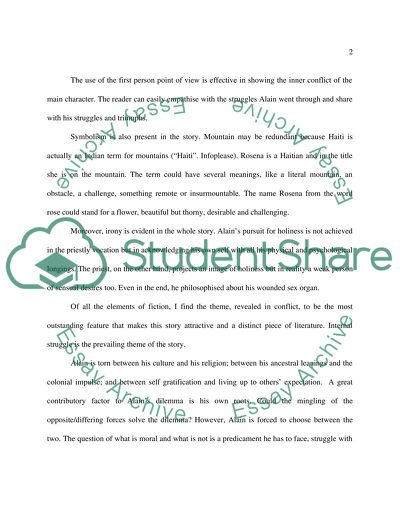Cite this document
(“Rene Depestres Rosena on the Mountain Book Report/Review”, n.d.)
Retrieved from https://studentshare.org/miscellaneous/1504710-rene-depestres-rosena-on-the-mountain
Retrieved from https://studentshare.org/miscellaneous/1504710-rene-depestres-rosena-on-the-mountain
(Rene Depestres Rosena on the Mountain Book Report/Review)
https://studentshare.org/miscellaneous/1504710-rene-depestres-rosena-on-the-mountain.
https://studentshare.org/miscellaneous/1504710-rene-depestres-rosena-on-the-mountain.
“Rene Depestres Rosena on the Mountain Book Report/Review”, n.d. https://studentshare.org/miscellaneous/1504710-rene-depestres-rosena-on-the-mountain.


